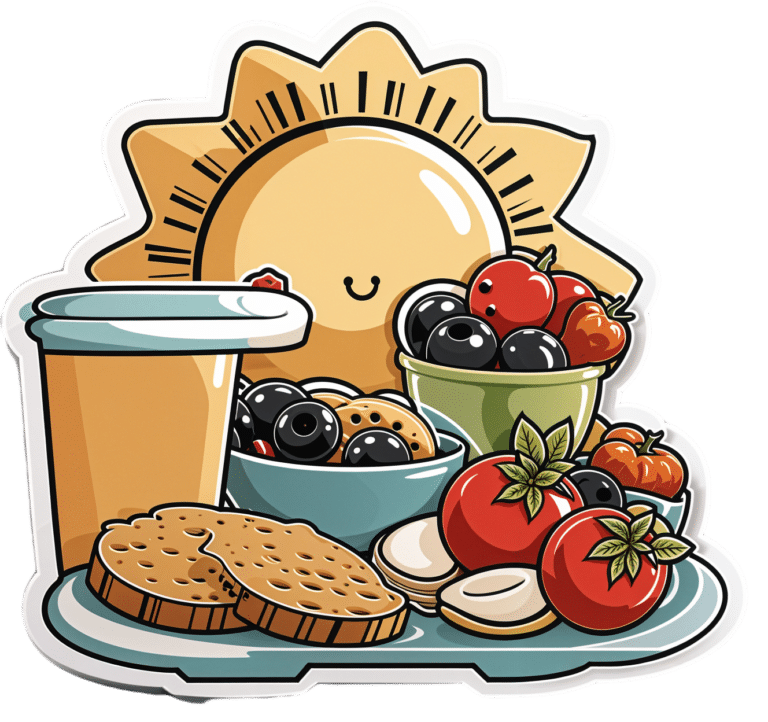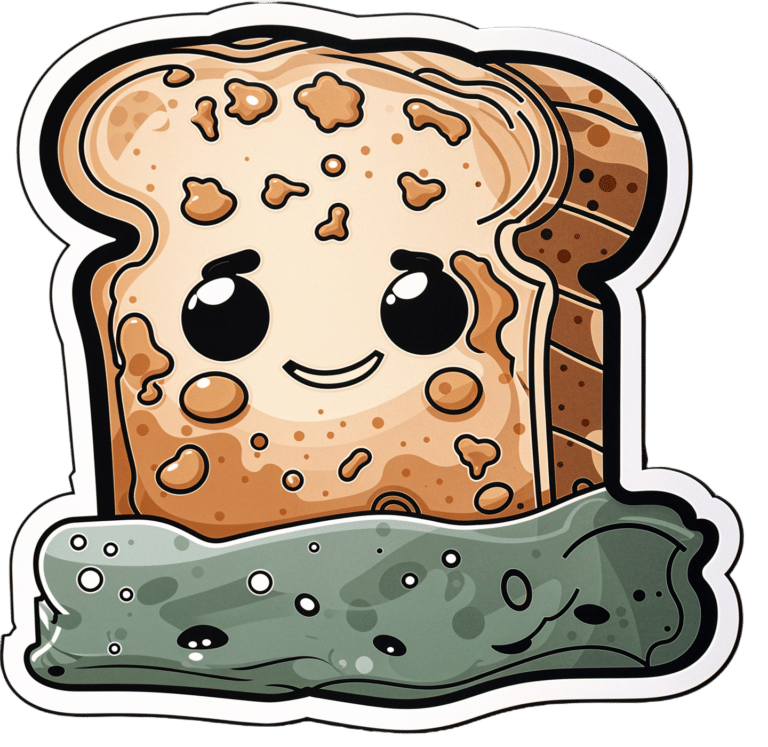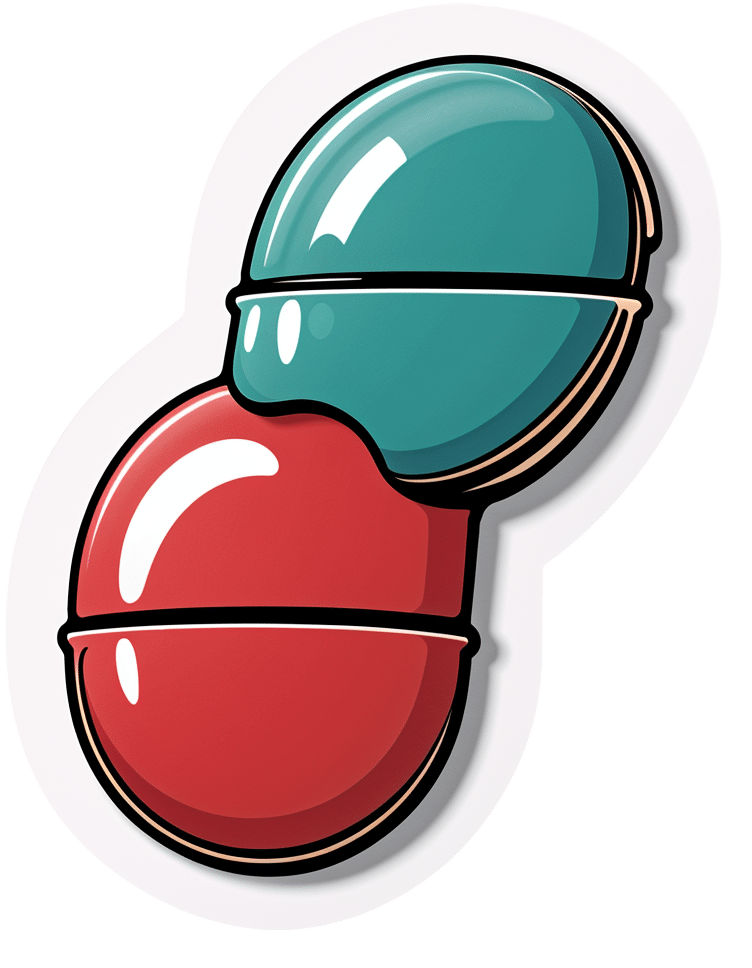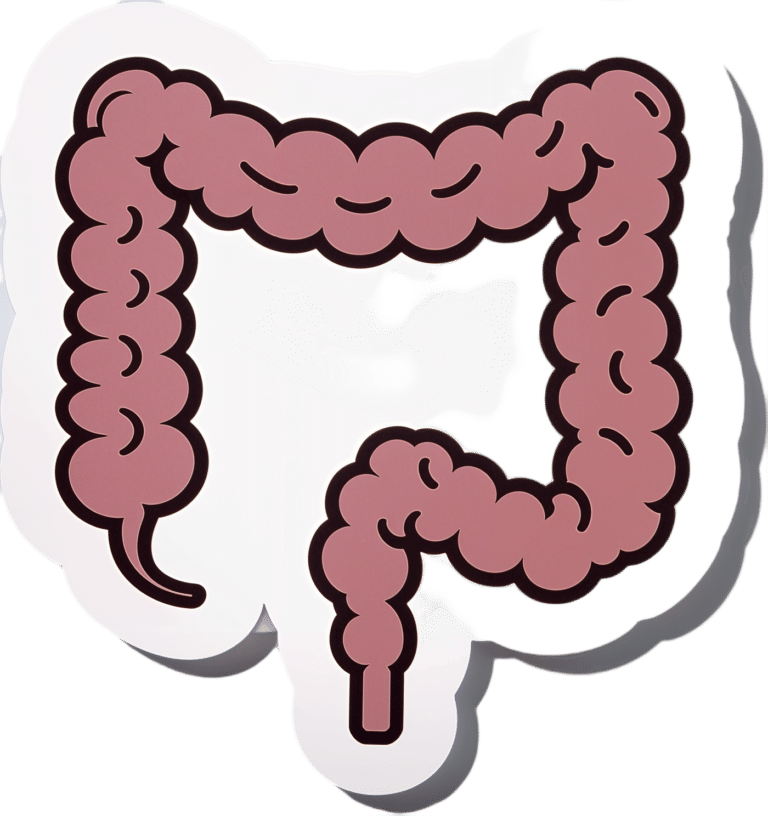-
Breakfasting For Health?
Optimal breakfast time: around 10am. Late-night eating may hinder fasting benefits. Prioritize morning meals for circadian rhythm and intermittent fasting benefits. -
Are GMOs Good Or Bad For Us?
Unzipping Our Food’s Genes: The truth about GMOs – they’re not inherently dangerous, but the use of glyphosate in genetically modified crops is cause for concern. -
Are Brain Chips Safe?
BCIs have potential, but safety concerns remain. Animal trials for Neuralink went poorly, while the Utah Array has a better safety record. Privacy and safety are valid worries. -
Mythbusting Moldy Food
Don’t eat moldy food! Cutting off the mold doesn’t make it safe, and sniffing it can introduce mold spores into your respiratory system. -
HRT: Bioidentical vs Animal
Bioidentical hormone replacement therapy (HRT) is safer and more effective than other forms, reducing the risk of breast cancer and cardiovascular disease. -
Frozen/Thawed/Refrozen Meat: How Much Is Safety, And How Much Is Taste?
Frozen meat can be kept indefinitely in a household freezer, but it may get tougher. Bad things start happening within weeks, but refreezing thawed meat is safe. -
Simply The Pits: These Underarm Myths!
Are underarm deodorants really a risk for cancer? The science says no. And while deodorant rocks have fewer chemicals, they’re not necessarily safer. -
The Cold Truth About Respiratory Infections
Yesterday, we asked about your climate-themed policy for avoiding respiratory infections. Some respondents believe in getting cold, fresh air, while others think staying warm is important. What does the science say? -
Is Cutting Calories The Key To Healthy Long Life?
Caloric restriction, when done properly, can improve health and extend lifespan. However, it can also be detrimental if not accompanied by optimal nutrition. Consider intermittent fasting as an alternative. -
Is Your Gut Leading You Into Osteoporosis?
Bacterioides Vulgatus & Bone Health: A recent study found that B. vulgatus suppresses the gut’s production of valeric acid, which enhances bone density. Valeric acid can be found in foods like avocados and blueberries.
Learn to Age Gracefully
Join the 98k+ American women taking control of their health & aging with our 100% free (and fun!) daily emails:
Age Gracefully
Using Science to Help You Age Gracefully
10almonds is reader-supported. When you buy through links on our site, we may earn an affiliate commission. As an Amazon Associate, we earn from qualifying purchases.










